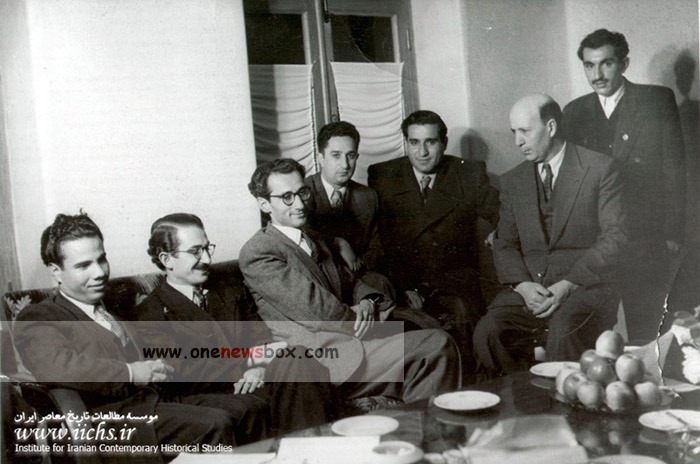Although Maleki and Mosaddeq had policy disagreements—particularly over tactics and relations with the Tudeh Party—their alliance held. Maleki saw in Mosaddeq a rare political leader who combined nationalist conviction with democratic ethics.
The 1953 Coup and Political Isolation
The 1953 coup, orchestrated by the CIA and MI6, toppled Mosaddeq’s government and reinstated the Shah’s autocratic rule. While many nationalists and leftists condemned the coup as a foreign plot, Maleki took a more cautious position. He called it a “change of government,” a phrase that alienated many of his supporters.
Some interpreted his language as evidence of moderation, others as cowardice or capitulation. In truth, Maleki was deeply pained by the coup but wary of further repression. He feared that open resistance would lead to more arrests and executions. His ambiguous stance marked the beginning of his political marginalization.
Later Years and Intellectual Contributions
After 1953, Maleki continued to write and speak out, though his political influence waned. He refused to collaborate with the royal regime but also distanced himself from radical revolutionary groups. Instead, he focused on producing political essays, translations, and theoretical works that combined European social democratic thought with Iranian realities.
His writings tackled topics such as moral responsibility, economic justice, and the role of intellectuals in society. He condemned dogmatism and sectarianism and warned against utopianism. Maleki’s ideal was a modern, democratic, and independent Iran—governed by reason, justice, and national dignity.
Despite numerous setbacks, arrests, and surveillance, he remained committed to peaceful activism. In the late 1960s, Maleki supported the student movements but urged them to embrace pluralism and reject violence.

